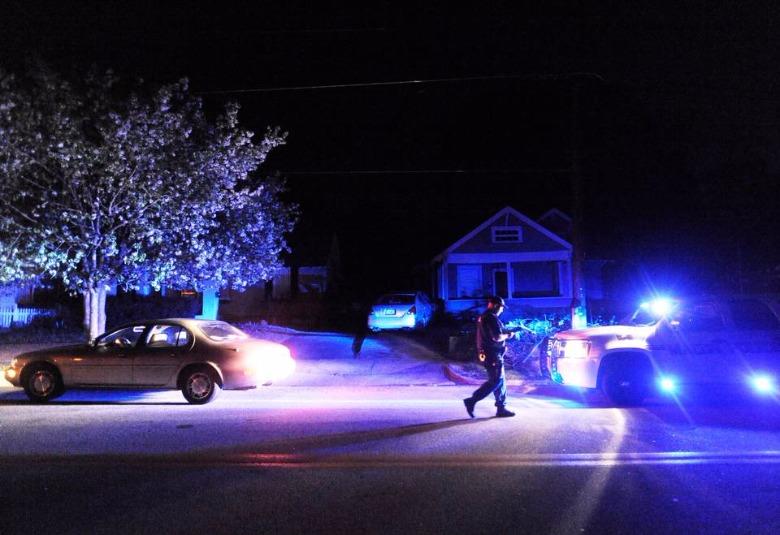Section Branding
Header Content
Private Funds Hire Off-Duty Public Patrols
Primary Content
Bill Fickling sat on his front porch in the Ingleside neighborhood of Macon.
He pointed beyond the cherry blossom trees, well-known to those who live in the city. Through the woods is a house.
“The burglars were actually using that as a hide out, apparently that house is vacant,” said Fickling.
“Apparently they would come in in the evening and hang out there and then go through the neighborhood at night.”
Fickling called that “a nice little crime spree.” This increase in burglaries in the Ingleside neighborhood prompted them to take action. The association collected a quarterly fee of $75 from enough homeowners to hire an extra police patrol.
Here’s the interesting part: They used public servants, off-duty Bibb County Sheriff deputies.
Feature Story: Macon neighbors pool their money to hire off-duty deputies for extra patrols.
“They patrol in the evenings and during the day,” Fickling said. “It's this randomized so the crooks don't catch on what we're doing.”
Providing extra patrols for a fee is allowed by Bibb County Sheriff David Davis. He does what a number of police departments around the state and the nation do.
“It gives them some peace of mind," said Davis about the Ingleside neighbors. “It also helps them (because) they can tell that deputy when they need somebody up there.”
Davis said the money pays for off-duty deputy and for department equipment that’s used, such as squad cars. The sheriff’s office covers the liability of the deputy, so the cost isn’t born by the community.
“It is sort of like the marketplace,” Davis said. “If the entity can afford it, then the deputies are there to provide the service.”
But the practice is not without controversy. Mike Smallwood, a former captain in the sheriff department, is running against Sheriff Davis. He says that overtime ought to cover extra patrols when needed.
“I don't know why these people are having to pay out of their pocket again when they already paid for it,” said Smallwood.
Truth is, not all homeowners will pay for a deputy patrol when they already fund the sheriff with tax dollars. It’s one reason the Wesleyan Woods community in Macon balked at doing what Ingleside did.
Other neighborhoods could never afford the patrol. Community organizer Frank Austin said that Lynmore Estates, for example, isn’t able to afford a patrol.
“I don't think this community is one of those communities that could afford to pay that on a consistent rate,” said Austin, after a Good Friday prayer walk in Lynmore Estates, a lower-income neighborhood.
Stephen Rushin, a professor of law at the University of Alabama specializing in regulation of police services, said the trend in American law enforcement for monetizing patrols is troubling to some people.
“Because it feels like this is an instance where public safety is monetized. The rich can afford more than the poor can,” said Rushin.
Rushin says this market-driven patrol can create inequality of neighborhoods in other ways.
“Criminological research shows that often if you increase the patrols in one community, that might not reduce the overall amount of crime,” Rushin said. “It might simply displace that crime to a neighborhood did that don't have the patrols.”
But Rushin added that these arrangements arise when cash-strapped law enforcement agencies seek creative ways to bolster police on the street. The Bibb County Sheriffs Department has seen the patrol budget for 2016 reduced by about 15 percent. About 55 department staffers also took early retirement, a cost saving measure by the county.
Sheriff David Davis is confident, however, that his department provides adequate service to all corners of Bibb County.
“We’re going to do everything we can to provide the resources that they're already paying for through their tax dollars,” Davis said. He points to special events where the department gives special attention free of charge, such as that prayer walk in Lynmore Estates where a deputy was in attendance.
“What you see in Ingleside or any of the other neighborhoods is really over and above what they're already getting,” he said.


